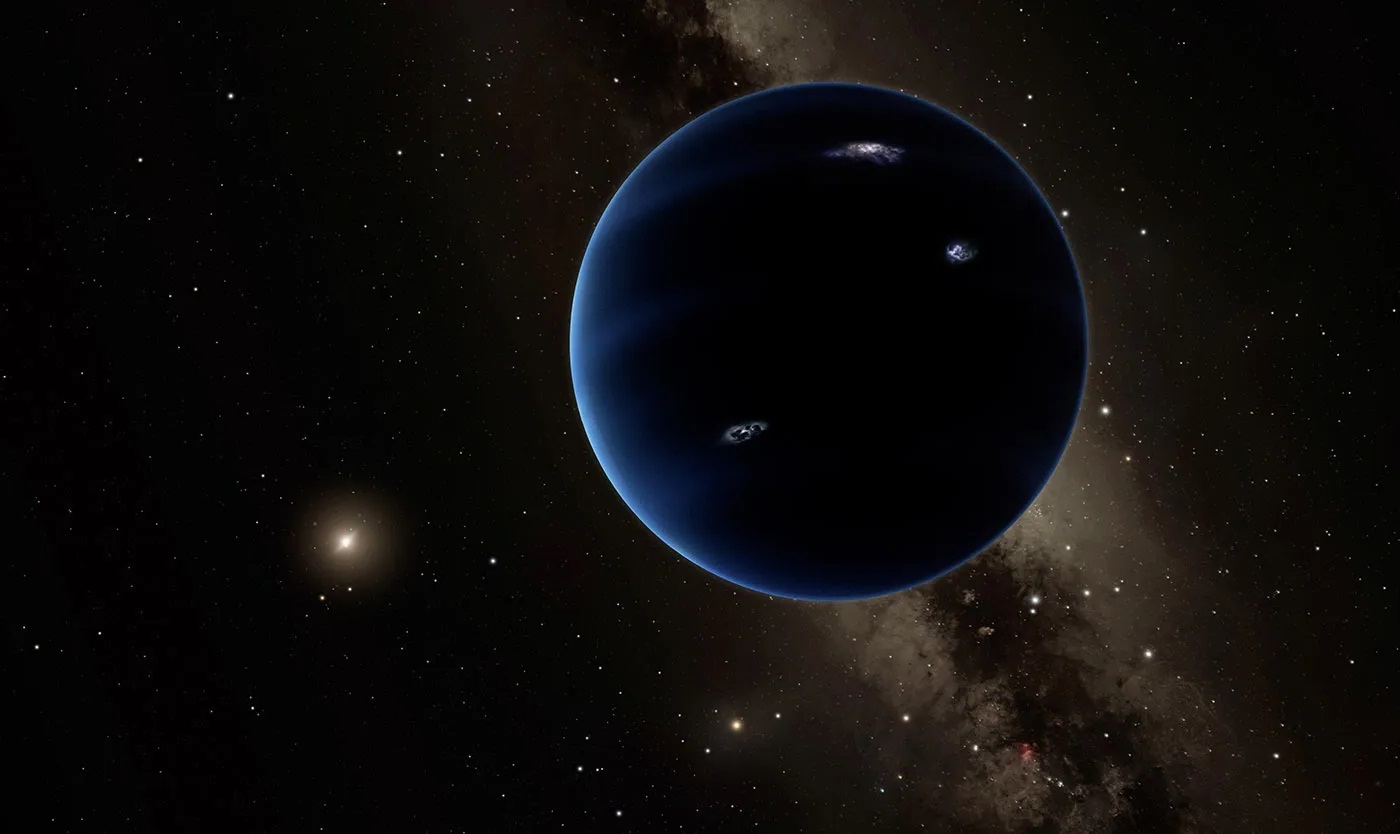
Are you curious about the mysteries that lie beyond our solar system? Planet X, often shrouded in mystery and speculation, has intrigued astronomers and space enthusiasts for decades. This elusive celestial body, believed to be lurking at the edge of our solar system, has sparked countless theories and expeditions aimed at uncovering its secrets. In this blog post, we'll dive into 14 fascinating facts about Planet X, shedding light on what scientists know, what remains a mystery, and why this distant world continues to captivate our imagination. From its potential size and orbit to the historical search and modern-day investigations, get ready to journey through the cosmos as we unravel the enigma of Planet X. Whether you're a seasoned astronomer or simply a star-gazer, these insights will surely fuel your curiosity about what lies beyond the known planets.
What is Planet X?
Planet X, also known as Nibiru or Planet Nine, has fascinated astronomers and conspiracy theorists alike. This mysterious celestial body is believed to exist beyond Neptune, lurking in the far reaches of our solar system. Here are some intriguing facts about Planet X.
-
Hypothetical Existence: Planet X's existence is still hypothetical. Scientists have not directly observed it but infer its presence from gravitational effects on other objects.
-
Massive Size: If it exists, Planet X could be about 10 times the mass of Earth, making it a super-Earth or mini-Neptune.
-
Distant Orbit: This planet is thought to orbit the Sun at a distance of 400 to 800 AU (astronomical units). One AU is the distance from Earth to the Sun.
-
Long Orbital Period: Due to its distant orbit, Planet X would take between 10,000 and 20,000 years to complete one trip around the Sun.
Historical Context of Planet X
The concept of Planet X isn't new. It dates back to the 19th century when astronomers first speculated about an unknown planet influencing the orbits of Uranus and Neptune.
-
Percival Lowell's Theory: In the early 1900s, American astronomer Percival Lowell proposed the existence of Planet X to explain irregularities in Uranus's orbit.
-
Pluto's Discovery: Pluto was discovered in 1930 during the search for Planet X. However, Pluto was too small to account for the gravitational effects observed.
-
Modern Searches: Advances in technology have renewed interest in finding Planet X. Modern telescopes and computer simulations aid astronomers in their quest.
Scientific Evidence for Planet X
While direct evidence remains elusive, several scientific observations support the possibility of Planet X.
-
Kuiper Belt Objects: Unusual clustering of objects in the Kuiper Belt suggests the gravitational influence of a large, distant planet.
-
Orbital Anomalies: Some trans-Neptunian objects (TNOs) have orbits that can't be explained without the presence of a massive planet.
-
Computer Simulations: Simulations show that a planet with the proposed characteristics of Planet X could explain the observed anomalies in the outer solar system.
Controversies and Theories
Planet X has sparked numerous theories, some more controversial than others.
-
Nibiru Cataclysm: A doomsday theory claims that a rogue planet called Nibiru will collide with Earth. This theory lacks scientific support and is widely debunked.
-
Dark Matter Hypothesis: Some scientists speculate that Planet X could be a dark matter object, which would make it difficult to detect with traditional methods.
-
Alternative Explanations: Other theories suggest that the observed anomalies could be due to a disk of small icy bodies or even a primordial black hole.
Future Prospects for Discovery
The search for Planet X continues, with new missions and technologies offering hope for a breakthrough.
- Upcoming Missions: NASA's upcoming missions, like the James Webb Space Telescope, could provide new data to help locate Planet X.
The mystery of Planet X endures, captivating both scientists and the public. Whether it exists or not, the quest to find it pushes the boundaries of our understanding of the solar system.
Piecing Together the Planet X Puzzle
We've journeyed through the shadows of our solar system, uncovering the mysteries and theories surrounding Planet X. From its hypothetical existence to the tantalizing clues that hint at a world beyond Neptune, this enigmatic planet has captured our imagination and spurred scientific inquiry. As astronomers continue their search, using advanced telescopes and computational models, the possibility of discovering Planet X remains a thrilling prospect. Each piece of evidence brings us closer to understanding the outer reaches of our cosmic neighborhood. Whether Planet X is waiting to be discovered or remains a fascinating piece of astronomical lore, its story encourages us to keep looking up and questioning what lies beyond the known. So, let's keep our eyes on the stars, for the universe is full of surprises waiting to be discovered.
Was this page helpful?
Our commitment to delivering trustworthy and engaging content is at the heart of what we do. Each fact on our site is contributed by real users like you, bringing a wealth of diverse insights and information. To ensure the highest standards of accuracy and reliability, our dedicated editors meticulously review each submission. This process guarantees that the facts we share are not only fascinating but also credible. Trust in our commitment to quality and authenticity as you explore and learn with us.


